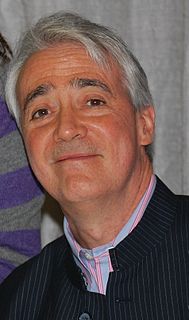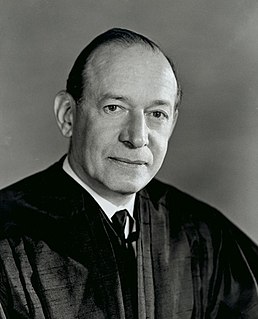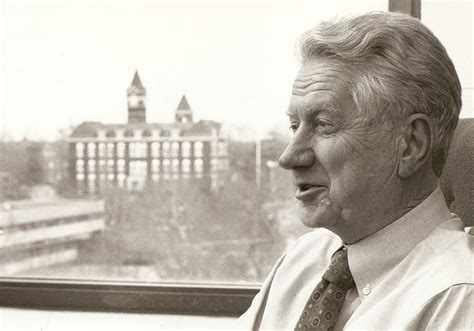A Quote by Harold Pinter
It's so easy for propaganda to work, and dissent to be mocked.
Quote Topics
Related Quotes
We must dissent from the indifference. We must dissent from the apathy. We must dissent from the fear, the hatred and the mistrust. We must dissent from a nation that has buried its head in the sand, waiting in vain for the needs of its poor, its elderly, and its sick to disappear and just blow away. We must dissent from a government that has left its young without jobs, education or hope. We must dissent from the poverty of vision and the absence of moral leadership. We must dissent because America can do better, because America has no choice but to do better.
I wish I could say that racism and prejudice were only distant memories... We must dissent from the indifference. We must dissent from the apathy. We must dissent from the fear, the hatred and the mistrust... We must dissent because America can do better, because America has no choice but to do better.
In America, religious dissent is as vital as it is elusive. Like the secretions of the pituitary, the juices of dissent are essential to ongoing life even if we do not always know precisely how, when or where they perform their tasks, and the not knowing - the flimsy, filmy elusiveness - is supremely characteristic of America's expressions of religious dissent. For in the United States no stalwart orthodoxy stands ever ready to parry the sharp thrust or clever feints of dissent.
I hate political films that have one particular message that they're trying to convey. I think propaganda is very dangerous, and it's very easy for anything to slip into it. I also think that propaganda is something that defies the identity of cinema. I hate propaganda in cinema, even if it was promoting the political stance that I myself am allied with. I always say that the responsibility of a film is first and foremost: To be a film. It's not a manifesto, it's not an op-ed.
The fact that there are singer-songwriters dealing with substantive issues is encouraging. It's important for young people to perceive that there are acceptable avenues of dissent, because we live in a world where dissent is hard-pressed; treated as if it were unpatriotic. I've always liked the concept of the loyal opposition. It allows for dissent to be a respectable part of the whole.
A war film can be propaganda and they're very valuable as propaganda, as we realized in Britain in the Second World War. Film as propaganda is a very valuable tool. It can also demonize, which is the dangerous side of a war film as propaganda. But there are war films that are not propaganda. It's just saying 'This is what it's like.' For 99 percent of us we don't know what it's like. We have no idea. So to reveal that to the audience is powerful.
The person who imagined that he could not be the victim of propaganda because he could distinguish truth from falsehood, is extremely susceptible to propaganda, because when propaganda does tell the truth, he is then convinced that it is no longer propaganda: moreover, his self-confidence makes him all the more vulnerable to attacks of which he is unaware.



































